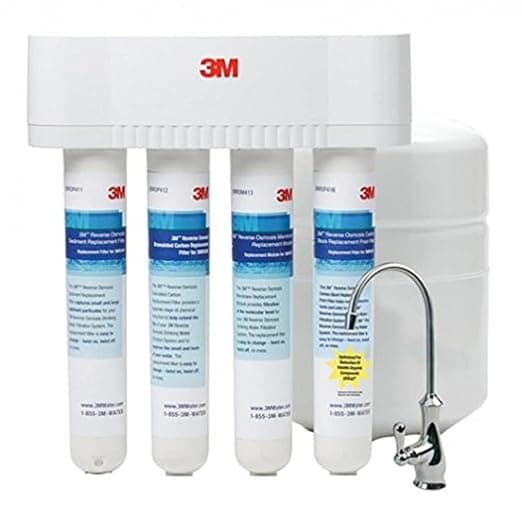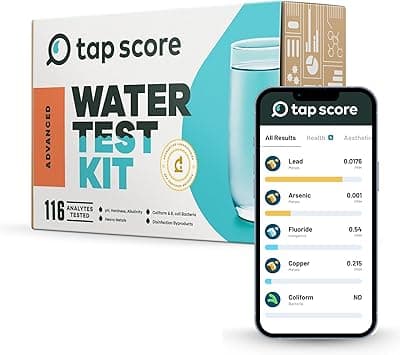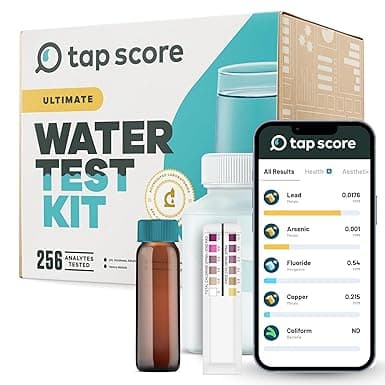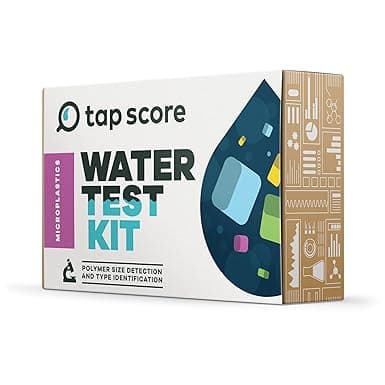Fitzgerald Tap Water Quality Report
Fitzgerald's water has 3 contaminants above EPA MCLGs. Consider using a certified water filter for additional protection.
Utility
FITZGERALD
People Served
15,394
MCL Violations
0
Last Updated
Is Fitzgerald Tap Water Safe to Drink?
Fitzgerald's water has 3 contaminants above EPA health-based guidelines (MCLGs). While the water meets federal legal limits, we recommend using a certified water filter for additional protection, especially for vulnerable populations like children, pregnant women, and those with compromised immune systems.
The data below shows test results from 1 water utility serving 15,394 people in the Fitzgerald area. Water quality testing is conducted regularly and reported to the EPA. This report was last updated 2022-05-09.
Fitzgerald Water Service Areas
Loading service area map...
Recommended Water Filters for Fitzgerald
Based on Fitzgerald's water quality data, these NSF-certified filters are recommended to remove contaminants above EPA MCLGs.

Solventum Purification Inc.
3MRO401
NSF Certified:
Daily Production
11.48 gpd
Removes 15 contaminants:
Arsenic, Barium, Cadmium, Chromium (Total), Chromium (VI) +10 more

Solventum Purification Inc.
3MRO301
NSF Certified:
Daily Production
11.48 gpd
Removes 15 contaminants:
Arsenic, Barium, Cadmium, Chromium (Total), Chromium (VI) +10 more

Culligan
ZeroWater
NSF Certified:
Flow Rate
1.9 gpm
Daily Production
1 gpd
Removes 19 contaminants:
Nitrate, Copper, Zinc, Barium, Sulfate +14 more
Verify Your Water Quality with Independent Testing
With 3 contaminants above EPA health guidelines, independent laboratory testing provides a second opinion and can track changes over time.

SimpleLab
Standard Home Water Test
$232
Comprehensive water analysis testing over 200 contaminants including bacteria, heavy metals, and chemical compounds.

SimpleLab
Advanced Home Water Test
$369
Most comprehensive home water test including all standard tests plus additional parameters for ultimate peace of mind.

Tap Score
Advanced Microplastics Test
$636
Cutting-edge testing for microplastics particles in drinking water using advanced laboratory techniques.
Frequently Asked Questions About Fitzgerald Tap Water
Fitzgerald's water has 3 contaminants above EPA MCLGs. While the water meets federal legal limits, we recommend using a certified water filter for additional protection, especially for vulnerable populations like children, pregnant women, and those with compromised immune systems.
Stay Informed About Your Water Quality
Get EPA reports, filter recommendations, and safety alerts for your area.
Join 10,000+ people protecting their families. Unsubscribe anytime.
